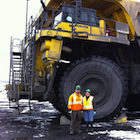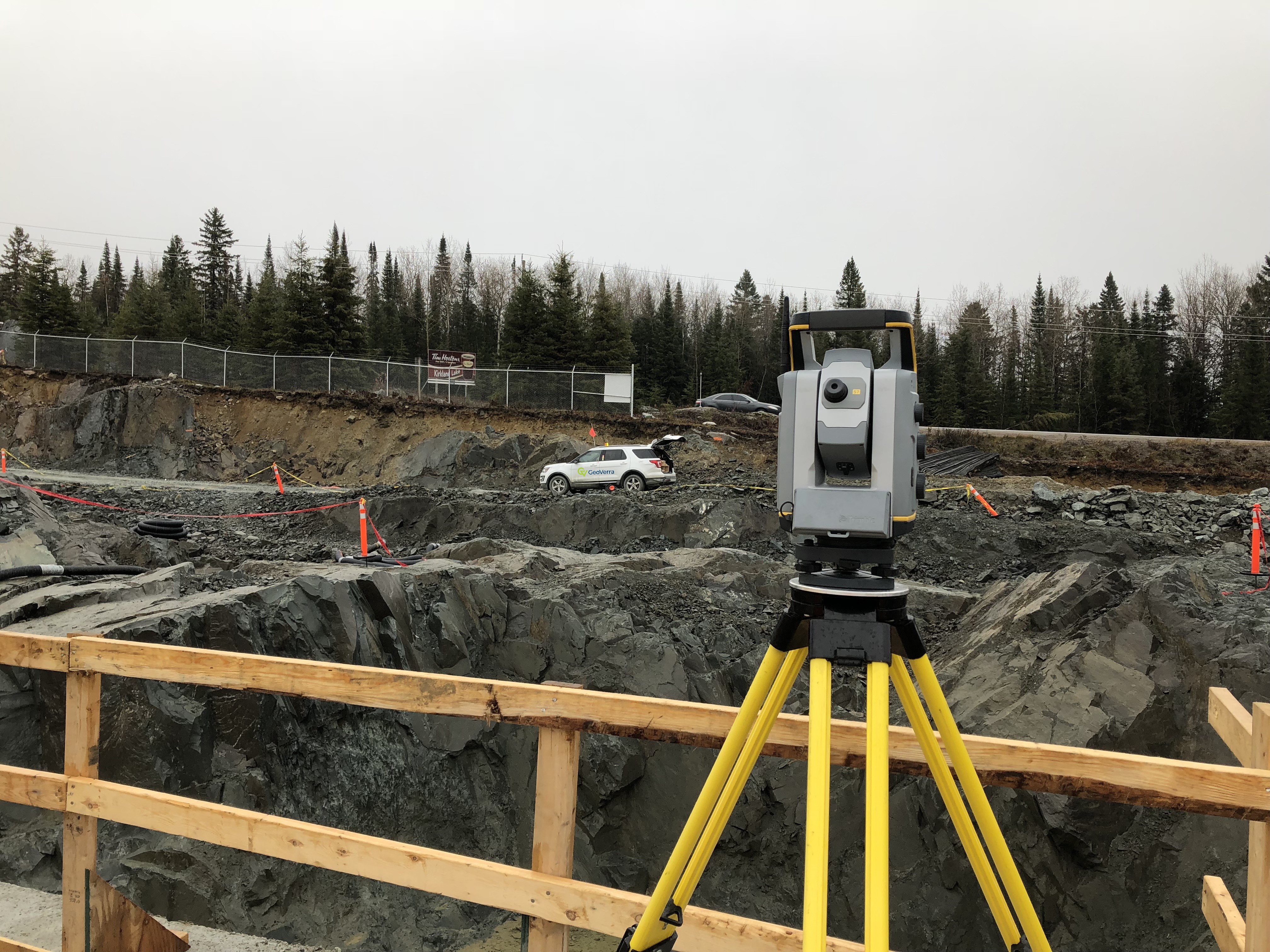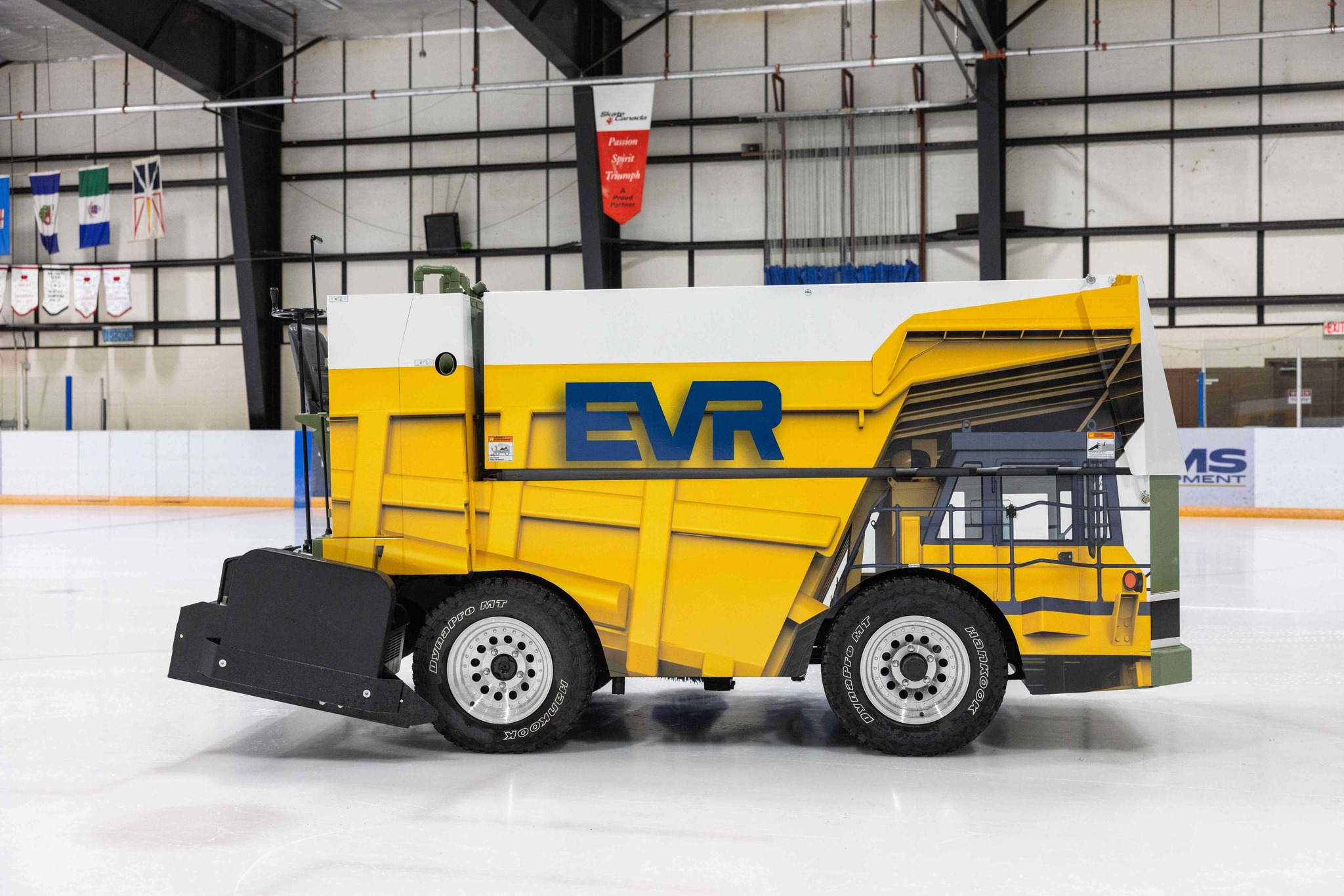A coal mine and college partner on the Mothers to Miners program

1 of 4Mothers to Miners participants take a tour of the Peace River Mine prior to beginning their classes. — Photo courtesy Donna Merry2 of 4Elsie An
1 of 4Mothers to Miners participants take a tour of the Peace River Mine prior to beginning their classes. — Photo courtesy Donna Merry
When Elsie Antuna started the Mothers to Miners program at the Tumbler Ridge campus of Northern Lights College in northern B.C., she didn’t know the first thing about mining. She also wasn’t sure she was ready to leave her two-year-old son in daycare. But in the end, she and her husband decided it was too good an opportunity to pass up.
“You get this great program, they work around your daycare hours and you are home every evening to take care of your child,” said Antuna. “Why wouldn’t I take advantage of it? It’s the best part-time job in the world.”
Antuna qualified for the 12-week, tuition-free program because she is a stay-at-home mom, and she hadn’t had a recent Employment Insurance or maternity leave claim; she also had a valid driver’s licence.
The local mine, Peace River Coal (PRC), partnered with the program, adding a new seven-hour day shift during which the women, once they are fully trained, will support the company’s training department by relieving more senior haul truck drivers so that they can train on other equipment.
Antuna heard about the program from her husband, Roland, who had just completed a similar course designed for First Nations and Métis.
“He’s finished all of his certificates now and works for PRC as a haul truck driver,” said Antuna.
Now that Roland has completed his probationary hours, he has full-time work, and can do mine rescues and log overtime hours.
“We’ve been pulling ourselves out of a major debt,” said Antuna. “It’s been good for our family.”
The program was funded by a provincial investment of $88,000 through the BC Jobs Plan, said Brad Lyon, who works in communications and community relations for Northern Lights College.
“The program was created to develop high-quality entry-level employees for the mining industry who are open to the possibilities for advancement and growth in their careers,” Lyon said. “Without (the funding) we would not be able to offer these programs and students in the North would not be able to gain a chance at a new career.”
Mothers to Miners is a blend of theory and practical skills training covering confined-space entry, WHMIS, fire suppression and emergency response as well as a number of other topics that lead to graduates earning haul truck driver training, mining fundamentals, 11 safety tickets and 200 hours of work experience.
Students also learn the industry’s latest technology. In the classroom, they work with a Simlog MiningTruck Simulator, with Vista Training’s SimLogic software. The software links the simulator's activities to Vista’s computer-based TruckLogic theory of haul truck driving, said Donna Merry, campus administrator and former workforce training co-ordinator.
“Both SMS Equipment and Finning Canada have donated haul truck seats for students to use in the simulator framework,” said Merry. “At the mine, students ride along in a variety of Komatsu and Cat haul trucks, but generally begin their driver training on a Komatsu 1500 mechanical-drive haul truck.”
Once they complete their training, graduates are paired with experienced drivers and spend 200 hours gaining probationary experience before being signed off and becoming full employees.
Antuna's husband participated in the program after his job was affected by the 2009-2010 economic downturn.
“It was a good gamble and it paid off,” said Antuna.
An important challenge was overcoming just how big the haul trucks are, said Antuna.
“You are always reminded just how dangerous a job it can be," she said. "It’s also really exciting, especially if you get a good driver and lots of drive time.”
Antuna completed her training at the end of June 2012. She received three first aid certificates—workplace, transport and standard—and intends to pursue more training in mine rescue once she’s finished her probationary hours.
“This is something I know we will be staying with for a while and I feel happy doing it,” she said. “We are able to live a little more comfortably and not worry about our child’s future.”




